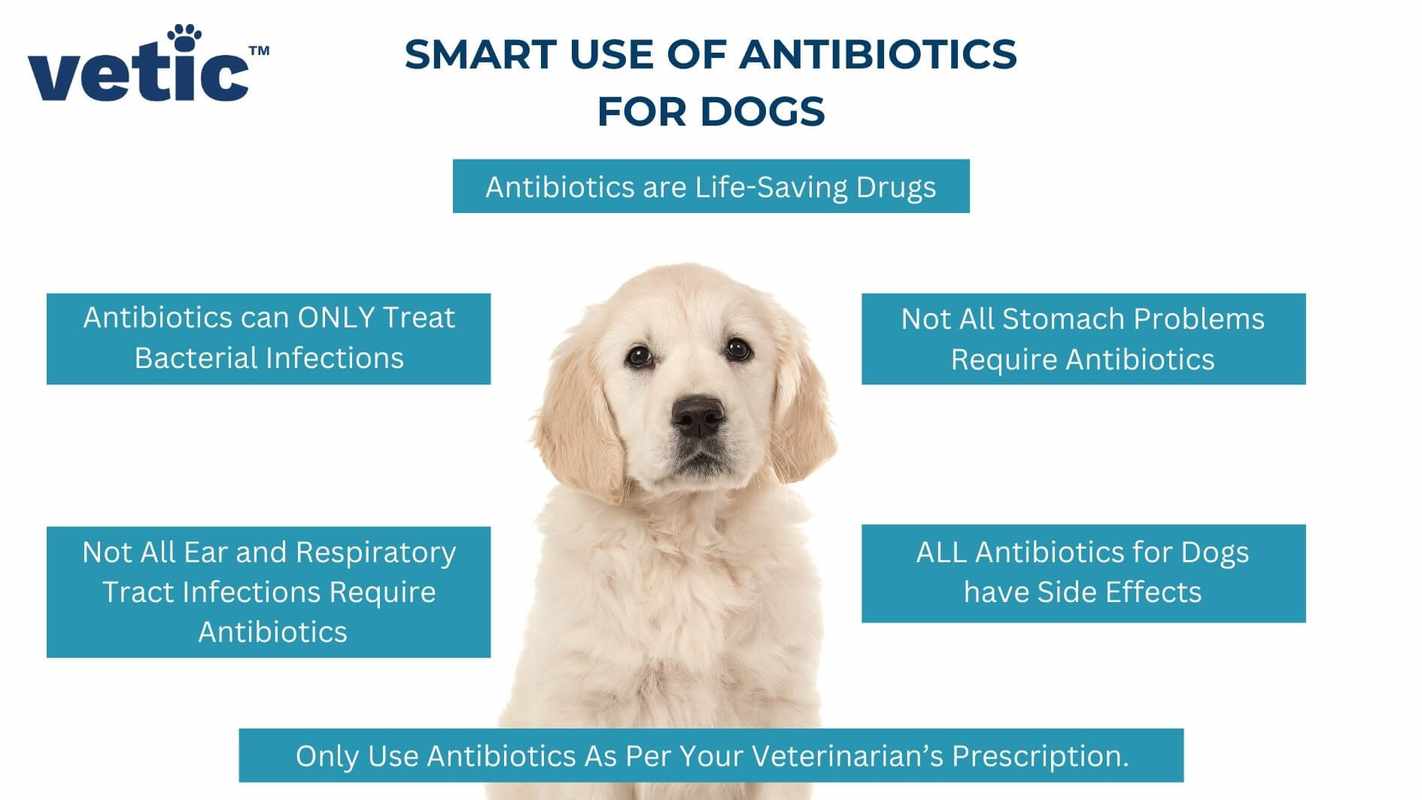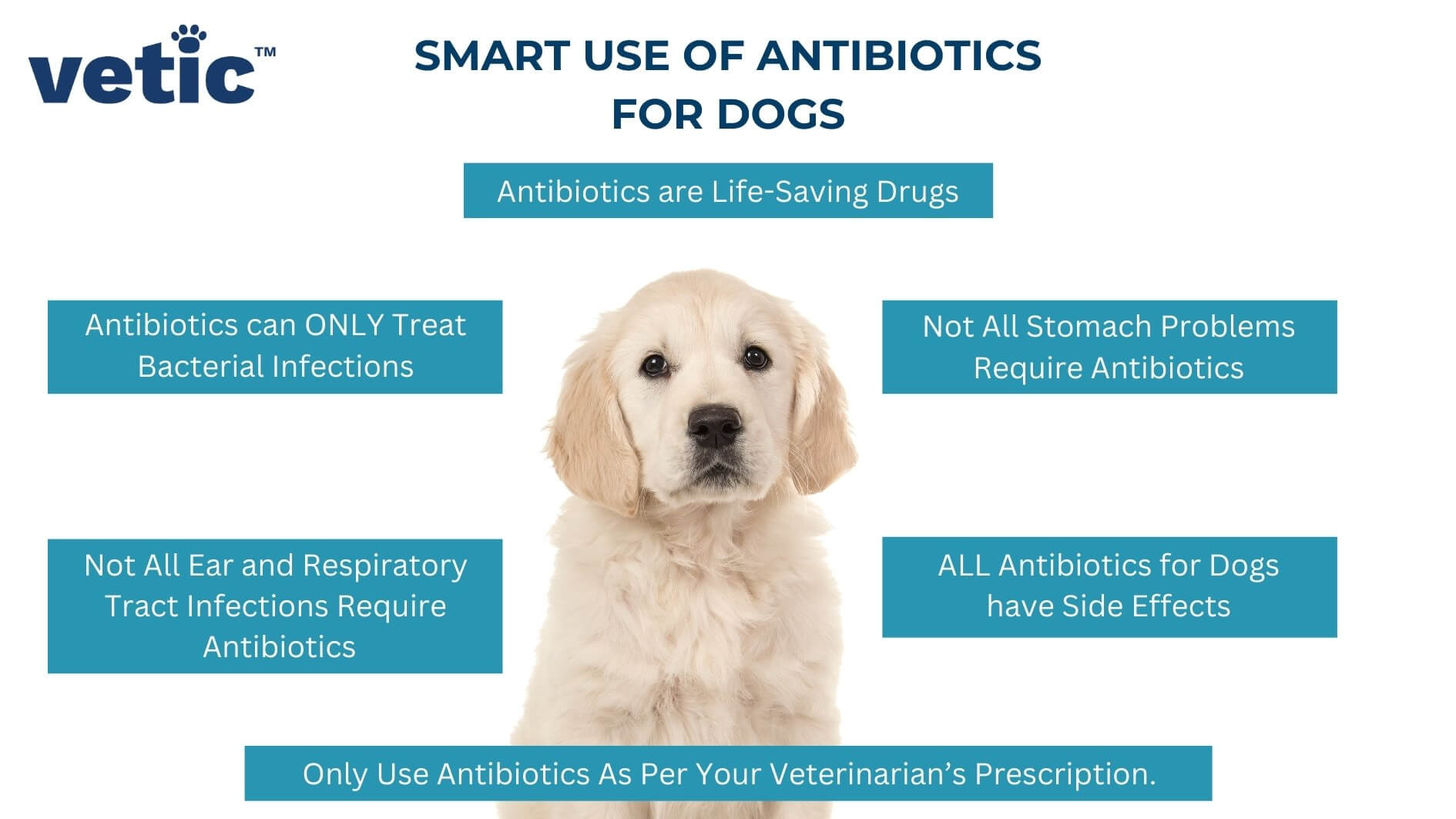If you’re like many dog owners, you’ve experienced the panic and worry that comes with seeing your furry friend turn up their nose at mealtime. You might be thinking, “What’s going on? I’m feeding my pup the same food they love!” But sometimes, it’s not just a matter of the kibble being old or the dog being picky. Could antibiotics be causing your dog to lose their appetite? In this post, we’ll dive into the possible connection between antibiotics and loss of appetite in dogs.
Why It Matters
Dogs are known for their voracious appetites, but when they stop eating, it can signal a range of potential problems. From digestive issues to underlying health conditions, a decrease in appetite can be a critical indicator that something is amiss. As pet owners, it’s essential we understand the possible causes of this behavior and take steps to address any underlying issues. In this post, we’ll explore one potential culprit: antibiotics.
The Connection Between Antibiotics and Loss of Appetite
Antibiotics are a common treatment for bacterial infections in dogs, but they can have unintended consequences. One possible side effect is a decrease in appetite, which can be distressing for both the dog and their owner. Research suggests that antibiotics can alter the gut microbiome, leading to changes in digestion and nutrient absorption. This can result in a reduced interest in food, as your pup’s body struggles to process what they eat.

If you’re like many dog owners, you’ve experienced the panic and worry that comes with seeing your furry friend turn up their nose at mealtime. You might be thinking, “What’s going on? I’m feeding my pup the same food they love!” But sometimes, it’s not just a matter of the kibble being old or the dog being picky. Could antibiotics be causing your dog to lose their appetite? In this post, we’ll dive into the possible connection between antibiotics and loss of appetite in dogs.
Why It Matters
Dogs are known for their voracious appetites, but when they stop eating, it can signal a range of potential problems. From digestive issues to underlying health conditions, a decrease in appetite can be a critical indicator that something is amiss. As pet owners, it’s essential we understand the possible causes of this behavior and take steps to address any underlying issues. In this post, we’ll explore one potential culprit: antibiotics.
The Connection Between Antibiotics and Loss of Appetite
Antibiotics are a common treatment for bacterial infections in dogs, but they can have unintended consequences. One possible side effect is a decrease in appetite, which can be distressing for both the dog and their owner. Research suggests that antibiotics can alter the gut microbiome, leading to changes in digestion and nutrient absorption. This can result in a reduced interest in food, as your pup’s body struggles to process what they eat.
Another factor to consider is the potential impact on the gut-brain axis. When antibiotics disrupt the balance of gut bacteria, it can affect the communication between the gut and the brain, leading to changes in appetite and mood. This complex interplay highlights the importance of a healthy gut microbiome for overall well-being.
It’s not just theoretical; studies have shown that dogs receiving antibiotics often experience decreased food intake. A study published in the Journal of Veterinary Internal Medicine found that 62% of dogs treated with antibiotics displayed reduced appetite within 24 hours of treatment.
If your dog is experiencing loss of appetite after taking antibiotics, it’s crucial to monitor their behavior and seek veterinary care if you notice any other signs of illness. Your veterinarian may recommend adjusting the antibiotic regimen or providing supportive care to ensure your pup remains comfortable and healthy.
Remember, every dog is different, and while antibiotics can cause loss of appetite in some cases, there are many other potential causes for decreased food intake. As pet owners, it’s essential we stay vigilant and work closely with our veterinarians to identify the underlying issue and provide appropriate treatment.
What You Can Do
If you suspect antibiotics are causing your dog’s loss of appetite, talk to your veterinarian about adjusting their treatment plan or providing supportive care. In the meantime, here are some tips to encourage your pup to eat:
- Encourage your dog to eat by providing a variety of palatable foods and making mealtime enjoyable.
- Offer small, frequent meals to help manage nausea or upset stomachs.
- Consult with your veterinarian about adding a probiotic supplement to support gut health.
In our next post, we’ll explore more potential causes of loss of appetite in dogs and provide practical tips for encouraging your pup to eat when they’re not hungry. Stay tuned!
Get Expert Advice on Your Dog’s Health
We are ready to answer your questions, day or night.
Start chatIn conclusion, while antibiotics are an essential tool in treating bacterial infections in dogs, it’s crucial to consider their potential impact on appetite. If you’ve noticed your dog losing interest in food after receiving antibiotics, there may be a connection between the two. As pet owners, it’s vital we’re aware of this possible side effect and take steps to ensure our furry friends are getting the nutrients they need.
By understanding the link between antibiotics and loss of appetite in dogs, you can take proactive measures to support your pup’s digestive health. This might involve incorporating probiotics or other supplements into their diet, as well as monitoring their food intake and adjusting their medication regimen if necessary. By staying informed and taking a holistic approach to your dog’s care, you can help them thrive despite the challenges posed by antibiotics.
As always, consult with your veterinarian before making any changes to your dog’s treatment or diet. With their guidance, you can work together to address any issues related to loss of appetite and ensure your pup remains happy, healthy, and full of energy.
The estimating problem on page 734 and then answer the questions on page 735: Are you struggling to estimate a complex problem? Learn how to tackle it with confidence. Dive into the solution and unlock your problem-solving skills.
What is 1 bilirubin in dog urine a comprehensive guide: Ever wondered what that mysterious number means? Get the inside scoop on bilirubin levels in dog urine and how it can impact your furry friend’s health. Read now to stay ahead of the curve.



